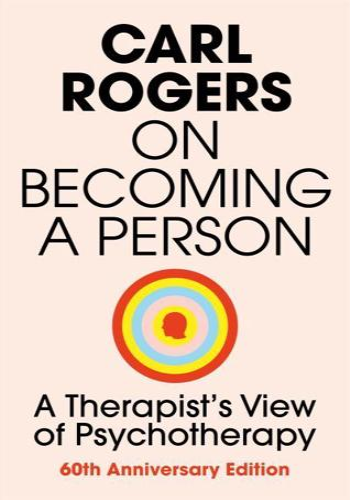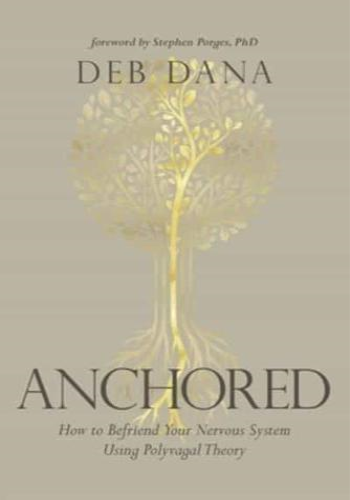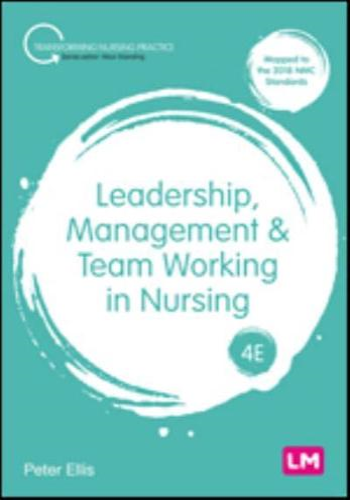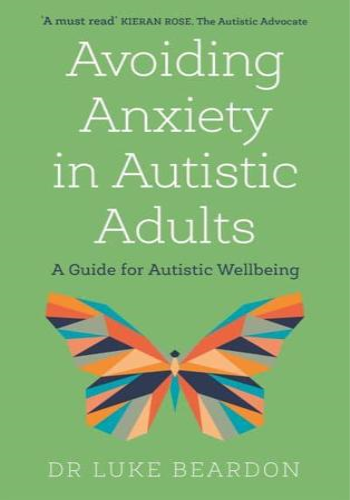In this book, one of America's most distinguished psychologists describes his experiences in helping people to discover the path to personal growth through an understanding of their own limitations and potential. What is personal growth? Under what conditions is it possible? How can one person help another? What is creativity, and how can it be fostered? These are some of the issues raised, which challenge many concepts of traditional psychology.
Contemporary psychology derives largely from the experimental laboratory, or from Freudian theory. It is preoccupied with minute aspects of animal and human behaviour, or with the mentally ill. But there are rebels, of whom the author counts himself as one, along with Gordon Allport, Abraham Maslow and Rollo May, who feel that psychology and psychiatry should be aiming higher, and be more concerned with growth and potentiality in man. The interest of such a psychology is in the production of harmoniously mature individuals, given that we all have qualities and possibilities infinitely capable of development. Successful development makes us more flexible in relationships, more creative, and less open to suggestion and control.
This book, philosophical and provocative, summarizes Dr Rogers' experience. Non-technical in its language, it is not only for psychologists and psychiatrists, but for teachers and counsellors, religious and social workers, labour-management specialists and anyone interested in 'becoming'.







